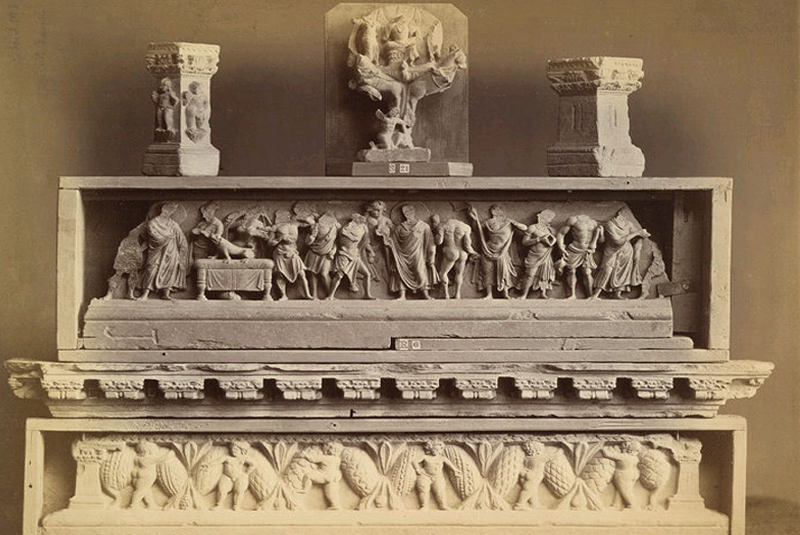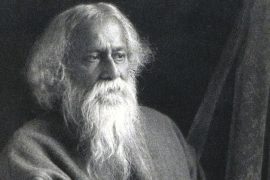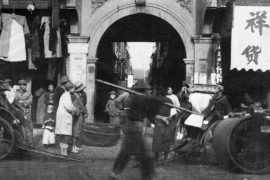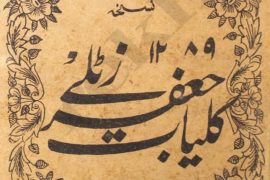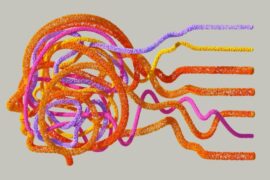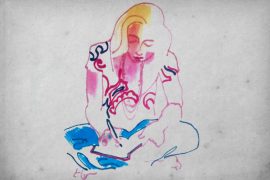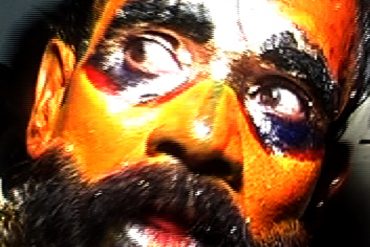The Buddha looks beautiful. He’s covered in a long, flowing robe, just as a mythical Greek god would. Standing next to him is a nude man. His upper body is muscular and chiselled, and his buttocks protrude like two circular domes. The naked man with protruding buttocks is presumed to be Vajrapani or Gilgamesh (one can never be sure, but it’s more likely to be Gilgamesh).
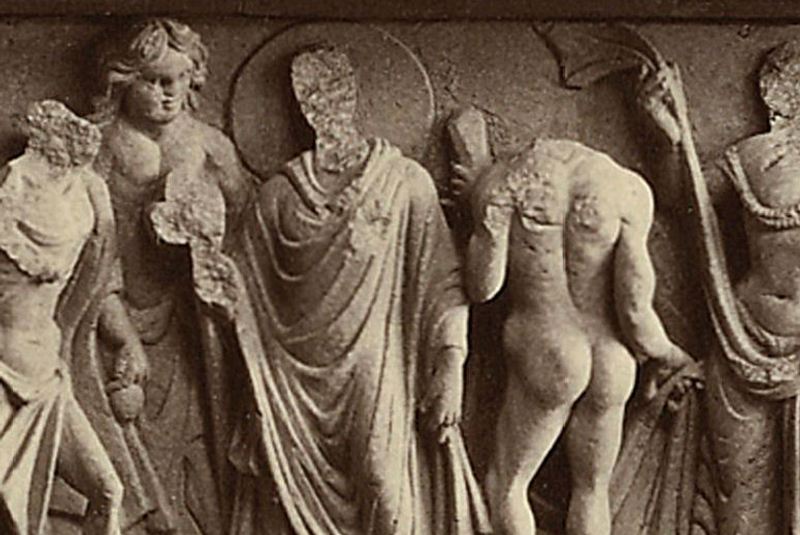
The description mentioned above is that of a sculpture of the Buddha, etched in stone more than two thousand years ago. It was found, circa 1848, in the Buddhist ruins in Jamal Garhi, now north-western Pakistan, by Sir Alexander Cunningham.
-30-
Copyright©Madras Courier, All Rights Reserved. You may share using our article tools. Please don't cut articles from madrascourier.com and redistribute by email, post to the web, mobile phone or social media.Please send in your feed back and comments to [email protected]

